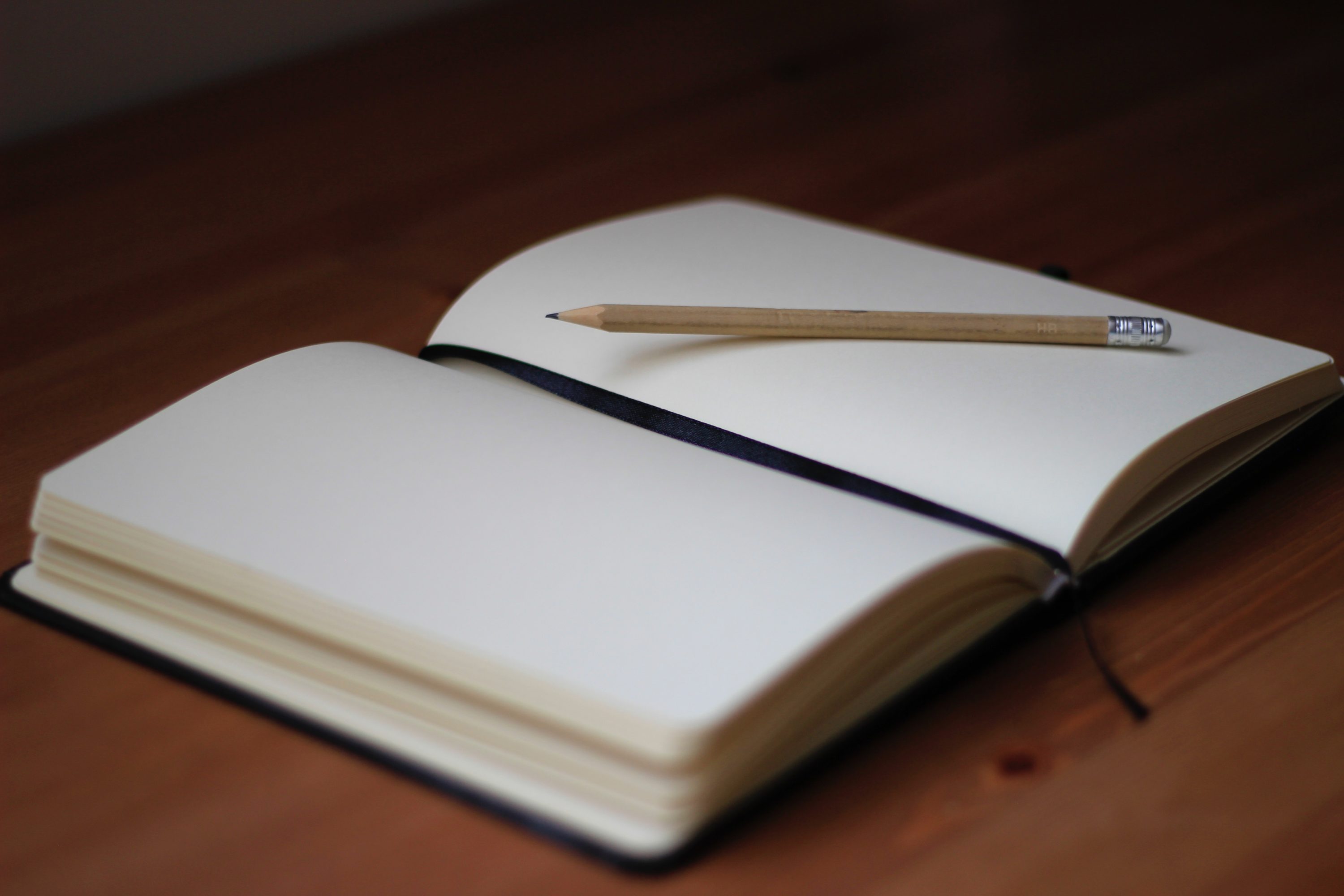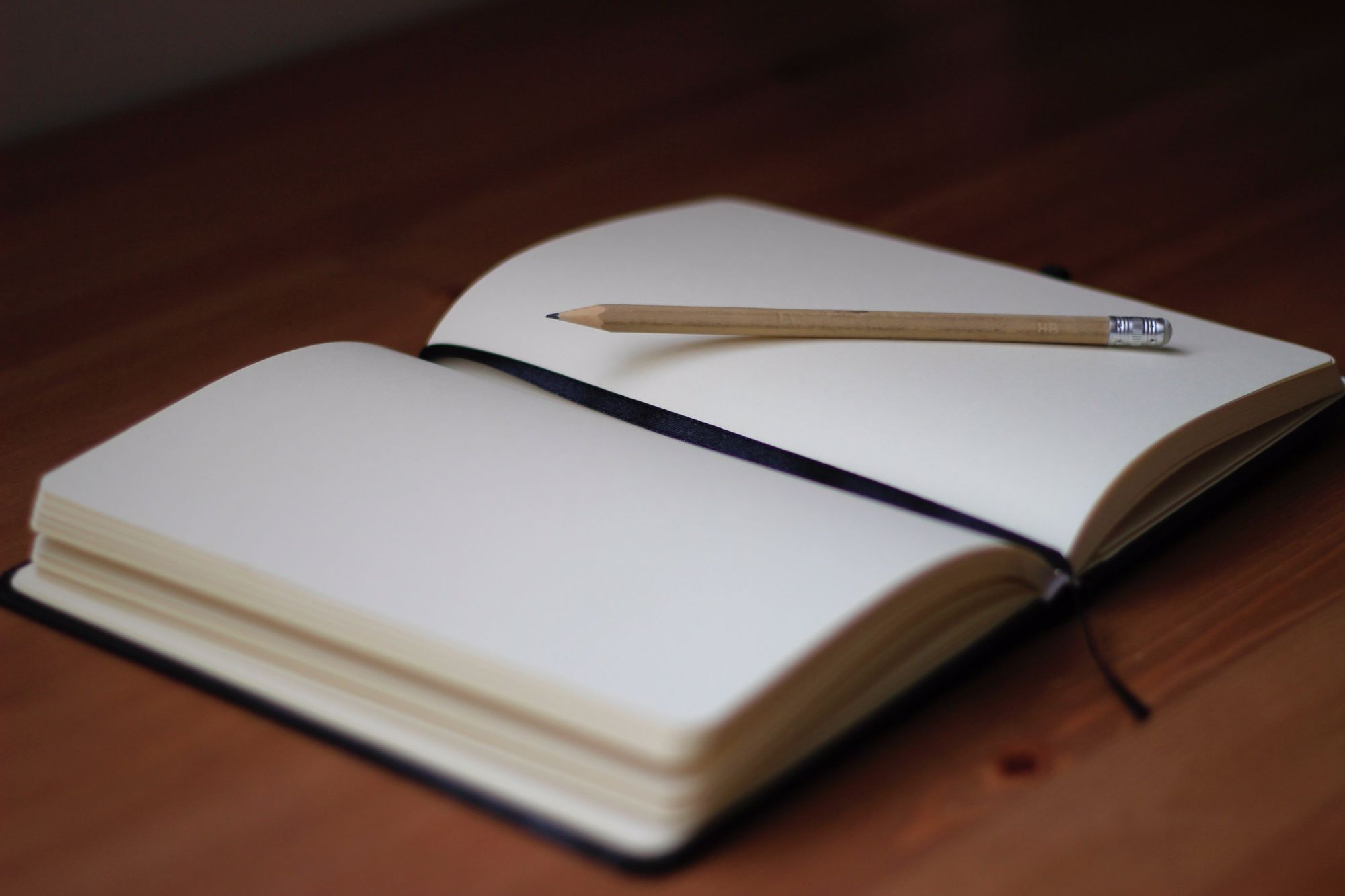Writing Tips from Poets

Peruse tips from seasoned poets to help you write better poetry, or to get a strong start if you’re ready to write poetry for the first time. Creative writing isn’t as easy as talented writers make it look. It takes skill to craft a compelling piece of writing that others will enjoy reading. In poetry, every word, space and punctuation mark counts.
Choose your words carefully
Word choice is important in any writing, but especially in poetry. Leah Sewell, author of Mother-Ghosts, reminds writers to use precise, intentional language.
“Choose with the intent of evoking a memorable vision in the mind's eye of the reader,” Sewell said.
She shared this example of two passages that say the same thing in very different ways:
- "The tall lily stems sway in the wind."
- "through scented air / the narrow columns / uselessly rising, and beyond, / a churning sea of poppies --"
The second passage is an excerpt from Louise Gluck's poem, "The White Lilies" (The Wild Iris). Sewell points out that the poet’s control of language and use of poetic devices creates a lasting image.
“Through precisely selected language, she painstakingly controls the order with which we behold the image,” Sewell said. “First, we arrive to the scene via the scented air, which acts like a vehicle transporting us closer to the lily columns (the stems). The word column tells us not only that these stems are straight and tall but also implies classical structure and conformity. The poet now draws our eye up the stems ("uselessly rising") and finally we see beyond the close-depth vision of the flowers in front of us to the comparably wild ("churning") sea of poppies in the distance.”
The result is a line of poetry that truly transports the reader, just as the poet intended. Experiment by excerpting a line from one of your poems, or by writing a line of description, and then thinking through how you can use precise words to guide the reader into seeing and experiencing what you imagine.
Craft poetic lines
“Someone asked Charles Wright to talk about his approach to line breaks,” McHenry said, “and he said something like, ‘Well, I write in lines, so the line breaks sort of take care of themselves.’ That's almost too clever, in that it risks seeming reductive, but I think it properly places the emphasis back where it belongs. It reminds the poet that the line break isn't something that exists independently of the line. If you've written a good line, you've got a good line break.”
“I used a sheet of paper and did not worry about line breaks. I simply started writing with whatever I had in mind, sometimes writing again fresh the next day,” Etzel said. “Then I typed this all into a Word file. I made decisions on what to keep, what to move around, etc. However, it was still in prose form. When I finally decided how the poem would be, I added line breaks by counting to syllables of ten--just like a sonnet. This helped me make editing changes as I decided which words I could cut, change, move, etc. to try to fit the form.”
This technique puts the focus on the words, and allows you to play with form after. You could try with other syllable counts, too, or simply look for places to break lines that either feel natural or create suspense.
Be honest
“Tell the full truth,” Johnson said. “For example, I’ve long written about the effect my father’s major strokes (when I was 6) and eventual death (when I was 16) had on my life. Of course I loved and miss him. But the whole truth isn’t just that; it’s also that I feel major regret because I was kind of an asshole in the years before he died. I could try to justify that—aren’t a lot of us assholes at 16?—but I don’t want to. I want to live with that truth and work through it in my poetry. So now I write about how I stage-whispered to my father that people were staring, could he hurry up please, as he dragged his paralyzed right half behind him. I’m working on showing the whole truth, in every poem, about every experience.”
Readers often talk about poems that make them feel something. If you want to write the sort of poetry that readers can connect to emotionally, you have to be real, even when it’s hard.
Treat your writing tenderly
“When Elvis Presley sang 'Love Me Tender,' he probably wasn't talking about our relationship with our writing, but no matter: the more we love our writing tender, especially first drafts, the more our writing will stick up its timid head from the soil, look around, and decide to grow and blossom,” said Mirriam-Goldberg. “With early drafts especially, we need to be careful not to do too much weeding right away that we throw away the new growth.”
Mirriam-Goldberg offers some specific tips:
- Don't insult your writing or yourself as a writer. Even if you're thinking it, you don't need to give self-deprecation more energy by writing down insults or saying them aloud. Writers face plenty of rejection, don't add to the burden.
- Don't pressure yourself to create something spectacular at first draft. Write as a way to discover what you have to say, knowing the beginning leads to a long process of revising and editing later.
- Don't beat yourself up if you hit a wall or need a break. Do what you can and if nothing much comes, consider that you're priming the pump for later.
- Do show up at the page (or screen) and write. Showing up is an act of love and creativity.
Read poetry
Finally, Roy Beckemeyer, author of Music I Once Could Dance to, reminds us to read, read, read.
“I find a lot of inspiration for writing by reading poetry,” Beckemeyer said. “Sometimes I just read and let the words and language and images inspire me in and of themselves. Other times, I really dig into a poem to try to understand some of what makes it work to see if I can learn some craft as well as become inspired.”
We make that last one easy for you--we have a fantastic collection of poetry at the library. Check out the lists below for suggested reads and craft guides, then read, write and repeat.













